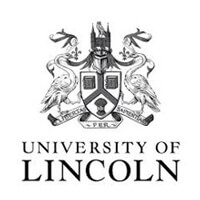fees waived
Biomedical Engineering, BEng (Hons)
University of Lincoln, United Kingdom
Ranking in UK
General Engineering
Engineering
Costs
food & rent S$17.1k / year
Entry requirements
Scholarships
Unlimited quantity
Unlimited quantity
Unlimited quantity
Unlimited quantity
Limited quantity
Limited quantity
Information
Code
Code
Intakes
Website (External)
Programmes
Information
Duration
2029
Biomedical engineering is a multidisciplinary discipline that integrates biology and engineering principles to advance medicine and healthcare. It involves developing innovative technologies, such as robotic surgery tools and enhanced prosthetic limbs, to improve treatments for injuries and diseases. This research-driven programme equips graduates with essential skills in product design and innovation, fostering creative engineers who can adapt to emerging challenges and provide sustainable solutions for contemporary society.For the latest module details, refer to the programme's course page on our website. Optional modules allow students to specialise in specific areas, though availability may be constrained by timetabling or staff research interests, which can evolve over time. Assessment emphasises technical engineering skills, analytical abilities, and professional competencies like communication, teamwork, and problem-solving, through methods including exams, reports, presentations, projects, and computer-based evaluations.
For the most up-to date-module information, please visit the course page for this programme on our website. Some programmes provide you with the opportunity to focus your study in a particular area through optional modules. Timetabling arrangements may limit the availability of some optional modules to some students. As the options often reflect staff research interests, they may alter over time due to staff availability.
A local representative of University of Lincoln in Singapore is available online to assist you with enquiries about this course.

